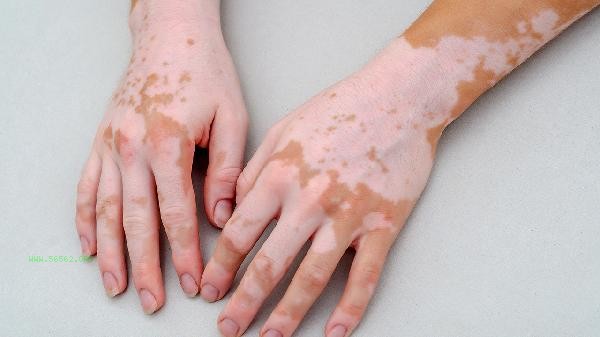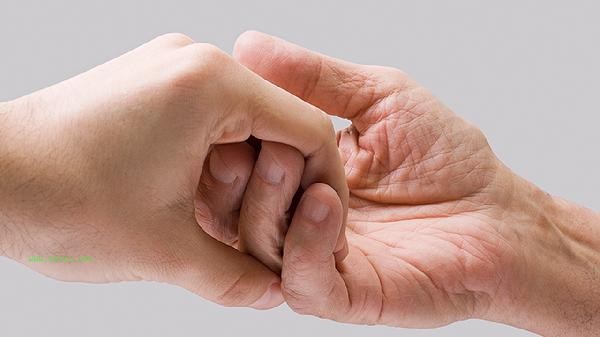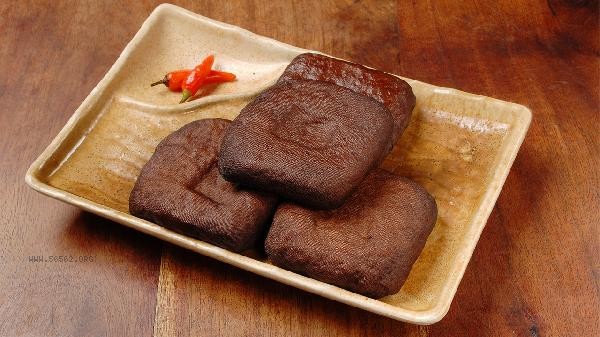People who love acne can improve their skin condition through scientific skincare, adjusting their diet, regular sleep, moderate cleaning, medication intervention, and other methods. The occurrence of acne is related to factors such as excessive sebum secretion, abnormal keratinization of hair follicles, and proliferation of Propionibacterium acnes, and requires targeted care.

1. Scientific skin care
Choose skin care products containing mild moisturizing ingredients such as ceramide and hyaluronic acid, and avoid irritating products containing alcohol and essence. Oily skin can choose oil control lotion, while dry skin needs to strengthen moisturizing. Sunscreen should choose physical sunscreen or lightweight chemical sunscreen to prevent UV rays from exacerbating inflammation. Apply 1-2 times a week with cotton pads containing salicylic acid or almond acid for local wet compress to help unclog pores.
2. Adjust diet
Reduce the intake of high sugar and high-fat foods, such as milk tea, cake, and other foods that may stimulate the secretion of insulin-like growth factors. Appropriately increase foods rich in vitamin A, such as carrots and spinach, zinc rich oysters and pumpkin seeds, as well as foods containing omega-3 fatty acids, such as salmon. Drink no less than 1500 milliliters of water per day. The tea polyphenols in green tea help inhibit sebum oxidation.
3. Regular sleep schedule
Ensure to fall asleep before 23:00 every day. Lack of sleep can lead to an increase in cortisol levels, stimulating sebaceous gland secretion. Avoid using electronic devices 2 hours before bedtime, as blue light may disrupt melatonin secretion. Engaging in appropriate stress reducing activities such as yoga and meditation can exacerbate the inflammatory response through neuropeptide substances due to emotional tension.

4. Moderate Cleaning
Choose amino acid cleansing products, clean no more than twice a day, and keep the water temperature at 32-35 ℃. Excessive cleaning can damage the skin barrier and instead stimulate compensatory secretion of sebaceous glands. It is recommended to use plant-based products for makeup removal to avoid mineral oil clogging pores. Towels need to be disinfected and replaced regularly, and pillowcases should be replaced at least once a week.
5. Drug intervention
Moderate and severe acne can be regulated by retinoic acid cream according to the doctor's instructions. Peroxybenzoyl gel can inhibit bacterial proliferation, and fusidic acid cream can control inflammation. Oral antibiotics such as doxycycline are suitable for those with obvious inflammation, while isotretinoin capsules are used for stubborn cystic acne. During the use of all medications, strict sun protection is required to avoid overlapping with other irritating skincare products.

Long term acne skin care needs to establish a complete skin care process: morning cleaning - antioxidant essence - sunscreen, night makeup removal - repair essence - spot painting. Small bubble cleaning or red blue light therapy can be performed once a month, but frequent exfoliation should be avoided. Record the relationship between diet and acne changes, and identify individual triggering factors. If there is no improvement or nodular acne for 6 weeks, it is recommended to go to a dermatologist for fungal examination or hormone level testing. Maintain exercise habits to promote metabolism, but clean up promptly after exercise to avoid sweat stimulation.








Comments (0)
Leave a Comment
No comments yet
Be the first to share your thoughts!